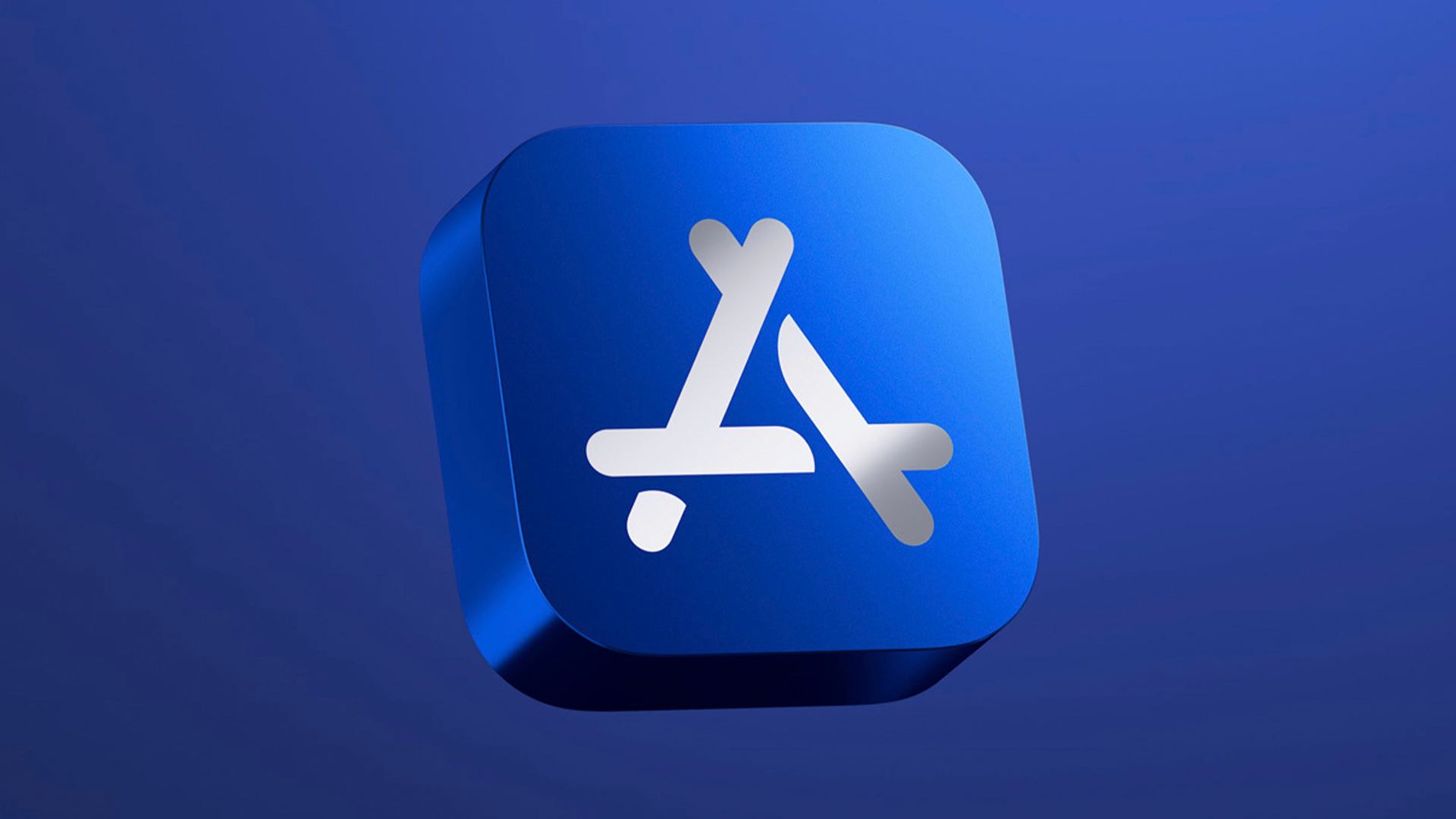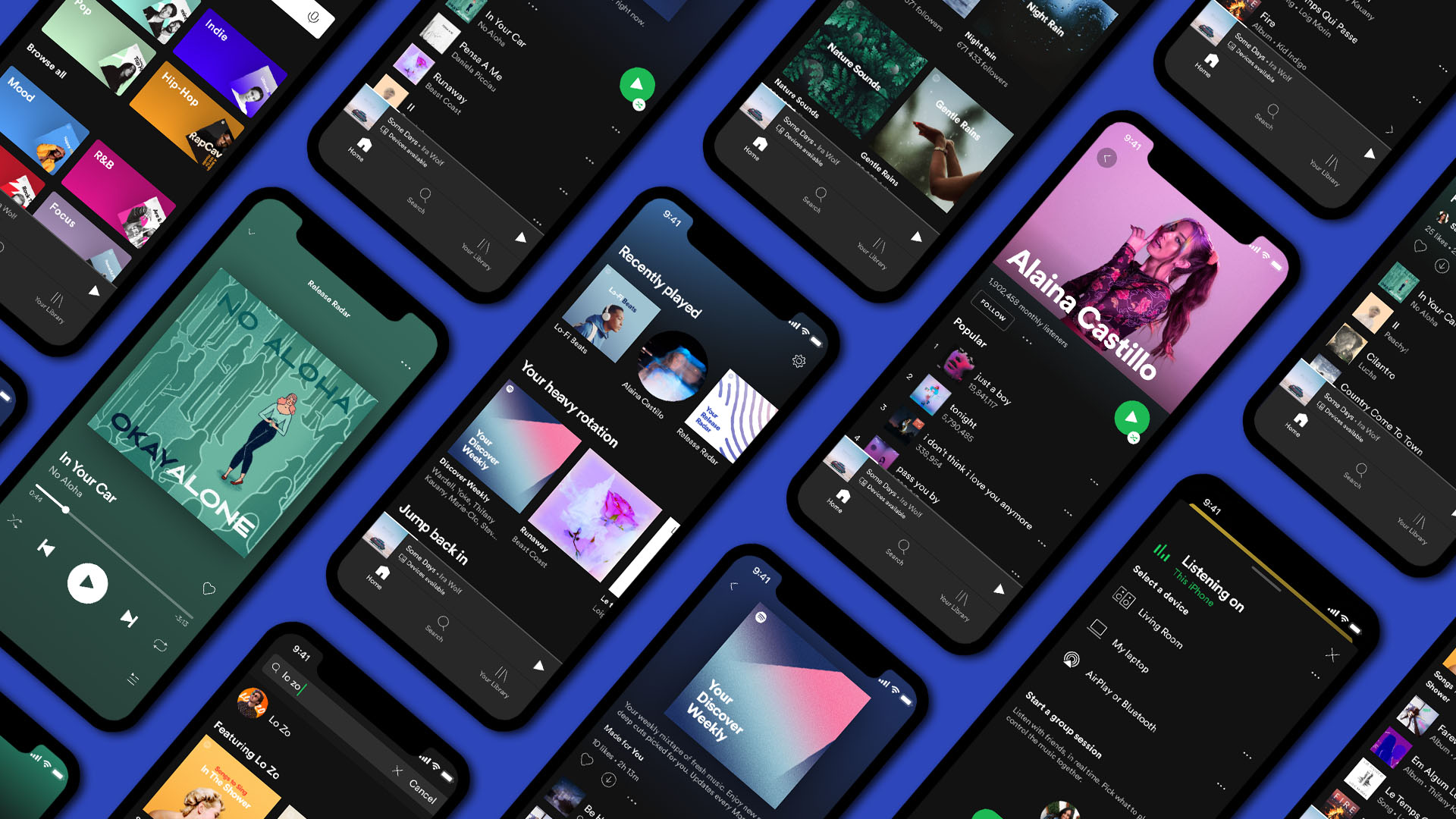Retro game emulators are now allowed in the iOS App Store, but there are caveats
Changes for music streamers too

Sign up for breaking news, reviews, opinion, top tech deals, and more.
You are now subscribed
Your newsletter sign-up was successful
In another move that seems to have been made in response to pressure from regulators in the US and in the EU, Apple has announced that retro game emulators will be allowed in the iOS App Store – though there are some fairly big caveats attached.
The change has been spotted on Apple's App Review Guidelines (via The Verge), which now state that "retro game console emulator apps can offer to download games". As you would expect though, there are some strings attached.
Apple says developers are responsible for all the software inside their apps, and says these emulators must comply with "all applicable laws" – and of course the legality of emulators has always been something of a gray area.
Technically speaking, it is against the law to run an emulated version of a game that you've not actually paid for (even if you're paying for the emulator). That might mean it's only companies such as Microsoft, Sony, and Nintendo who will be able to take advantage of the App Store rule changes and offer these emulator apps.
Mini apps and music streaming

What's more, the updated guidelines also state that apps can include mini apps and mini games inside them, as long as they're written in HTML5. This applies to so-called 'super apps' such as WeChat, which offer a bunch of different apps in the same package – these apps must now be web-based rather than running natively on the device.
Another edit to the guidelines that's happened at the same time is allowing music streaming apps to link out to external websites for purchasing products and services, getting around Apple App Store and linked payment systems.
Unlike the retro game emulators change though, this one only applies in European Union countries. Apple was recently fined by the EU for keeping streaming services locked inside its own walled garden, with the associated 30% cut of any fees.
Sign up for breaking news, reviews, opinion, top tech deals, and more.
Apple hasn't officially said so, but both these moves are clearly designed to avoid further fines and further legal action: Apple is now under more scrutiny than ever when it comes to the restrictions it puts on third-party apps and developers.
You might also like

Dave is a freelance tech journalist who has been writing about gadgets, apps and the web for more than two decades. Based out of Stockport, England, on TechRadar you'll find him covering news, features and reviews, particularly for phones, tablets and wearables. Working to ensure our breaking news coverage is the best in the business over weekends, David also has bylines at Gizmodo, T3, PopSci and a few other places besides, as well as being many years editing the likes of PC Explorer and The Hardware Handbook.